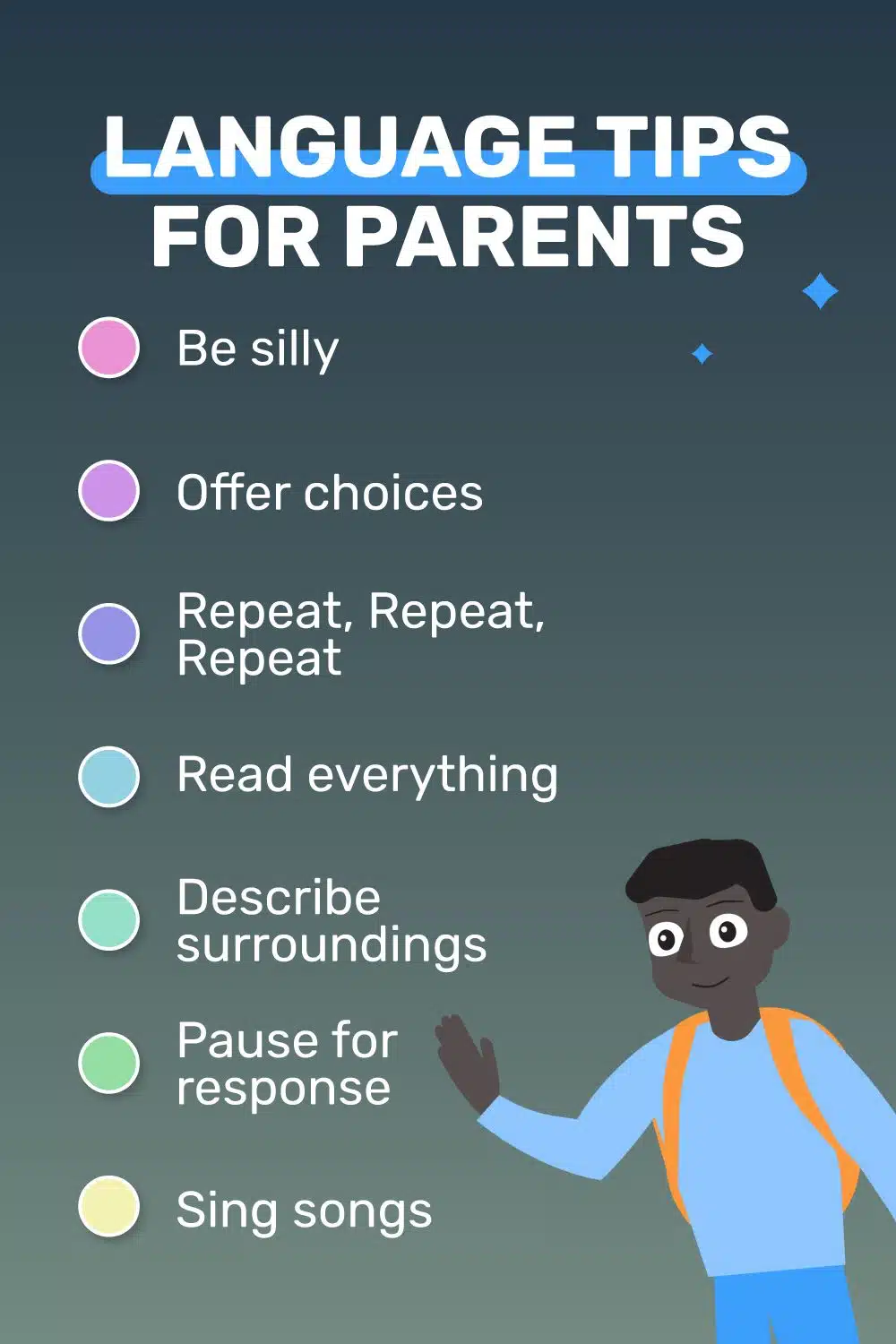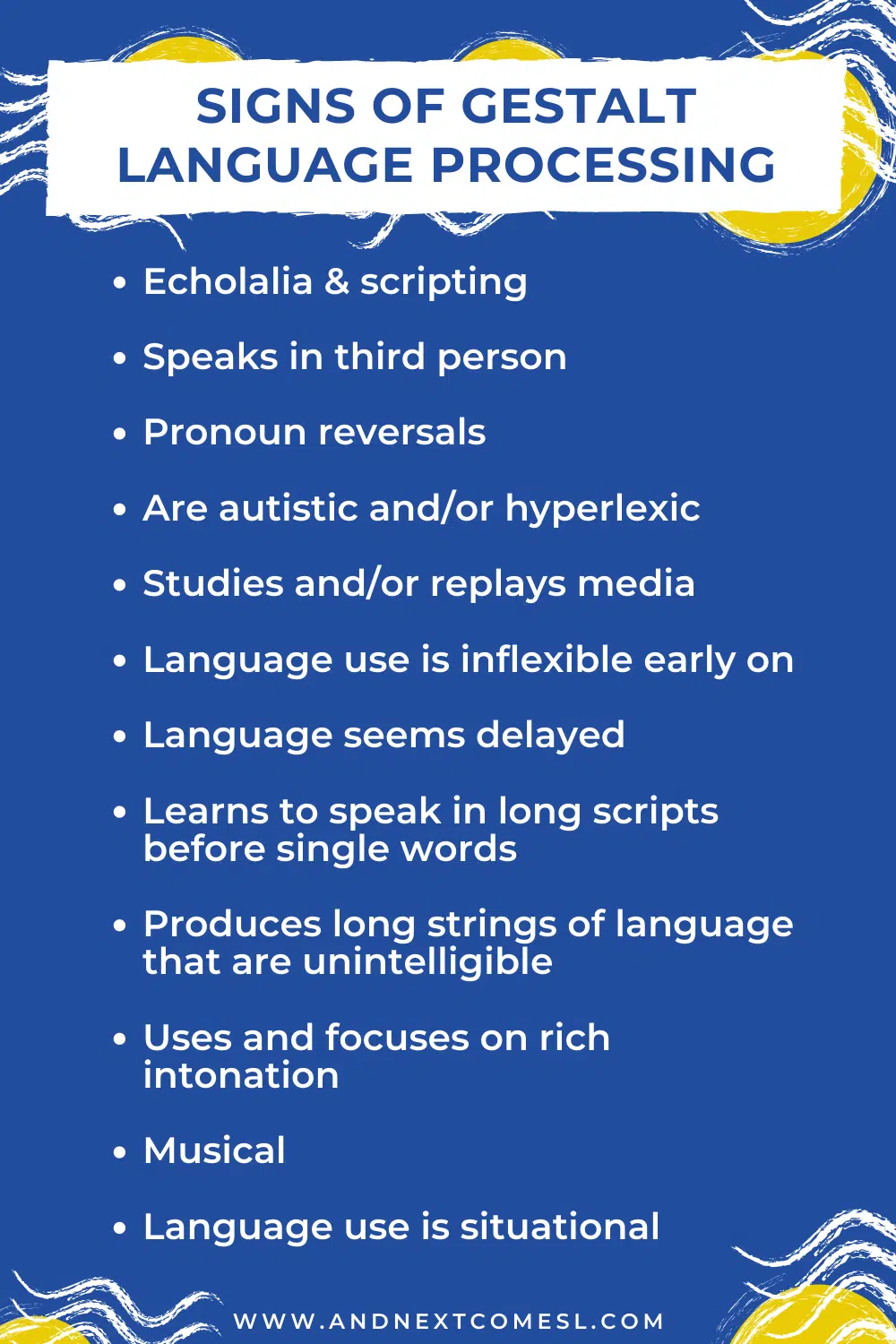Meet Charlie, a curious child with a passion for exploring. One sunny day, Charlie decided to go on an adventure in the woods with his friends. Little did he know, this adventure would teach him a valuable lesson about syntax.
- Charlie and His Friends: Charlie’s friends, Emily and Jake, joined him on this exciting journey.
- Lost in the Woods: As they ventured deeper into the woods, Charlie realized they had lost their way. Panic began to set in as they struggled to communicate their predicament.
- The Importance of Syntax: Remembering what he had learned about syntax, Charlie suggested they use clear and structured sentences. He said, “Let’s describe where we are, what we see, and how we got here.”
- Effective Communication: Following Charlie’s advice, they began to communicate more effectively. Emily said, “We are near a big oak tree, and we got here by following the stream.” Jake added, “I see a path leading back to the picnic area.”
- Finding Their Way: Thanks to Charlie’s understanding of syntax, they were able to piece together the information and find their way back to safety.
- A Valuable Lesson: Charlie and his friends learned that using proper syntax in their descriptions helped them convey important information clearly, even in a challenging situation.
By applying what he had learned about syntax, Charlie not only saved the day but also showed his friends the power of clear communication.















